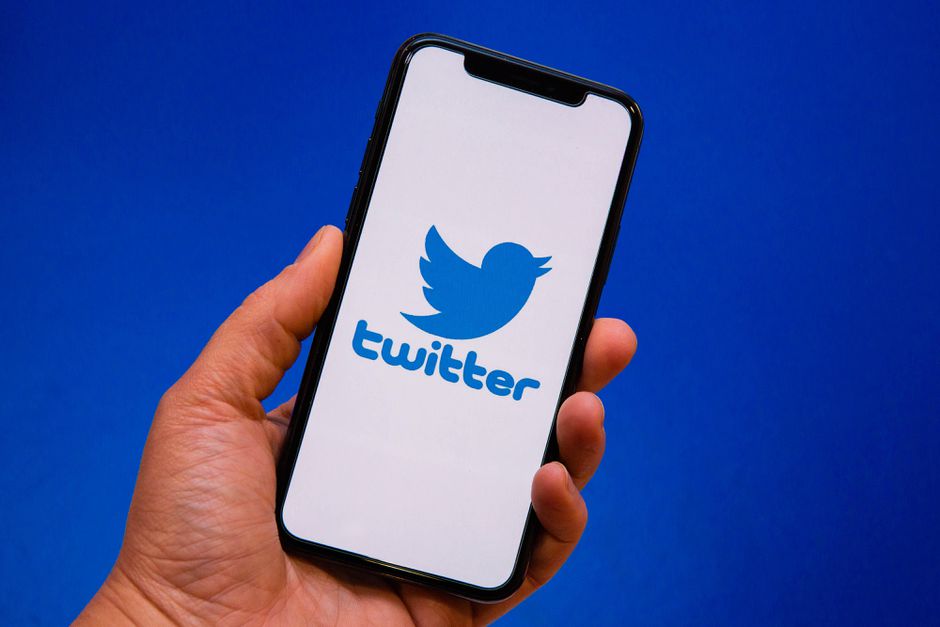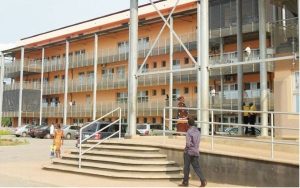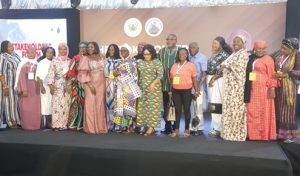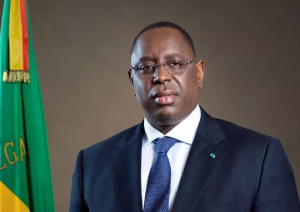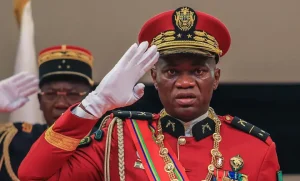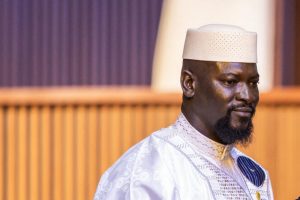Nigeria has lifted its ban on Twitter – seven months after clamping down on the social networking site.
Nigeria’s government suspended Twitter last June after the company deleted a tweet by President Muhammadu Buhari about punishing regional secessionists.
Authorities accused the social media firm of siding with the secessionists.
But the government said it was reversing the ban after Twitter agreed to conditions including opening a local office in Nigeria.
According to the Nigerian government, Twitter has agreed to:
*Register in Nigeria during the first quarter of 2022
*Appoint a designated country representative
*Comply with tax obligations in Nigeria
*Enroll Nigeria in its portal for direct communications between government officials and Twitter to manage prohibited content that violates Twitter community rules
*Act with a respectful acknowledgment of Nigerian laws
Twitter did not say if it had agreed to the government’s demands but tweeted that it was “pleased” to be restored in the country and was “deeply committed to Nigeria”.
The move allows millions of people in Africa’s most populous nation to use the platform again.
Many Nigerians had continued to access the site after the suspension using virtual private networks (VPNs) but most corporate organizations, including many media outfits, had obeyed the government’s order.
Analysts believe the ban has cost the Nigerian economy millions of dollars, especially the small businesses which use the platform to reach their customers.
The move last year by Nigeria’s government sparked an international outcry over freedom of speech.
The social media company’s decision to register itself in the country showed it was committed to Nigeria, the country’s information technology development agency said.
The government had ordered internet providers to block Twitter, alleging it was being used to undermine “Nigeria’s corporate existence” through the spreading of fake news that could potentially have “violent consequences”.
This came after Twitter removed President Buhari’s post referring to the 1967-70 Nigerian Civil War and to treating “those misbehaving today” in “the language they will understand”.
Twitter is popular with many Nigerians, and the platform has been used as a mobilizing tool. Activists used it to rally support during protests against police brutality under the hashtag #EndSars, which gained global attention.
Despite the ban, many Nigerians continued to tweet and some are now taking time to recognize the VPNs that enabled them to do so.
User Ugegbe tweeted that she didn’t want to delete her VPN, as it would feel like a betrayal.
Source:bbc.com

